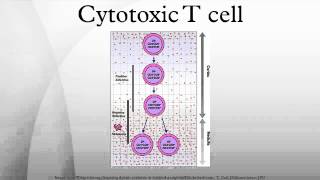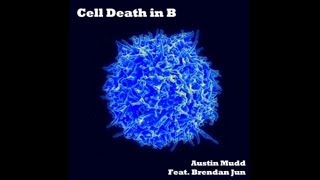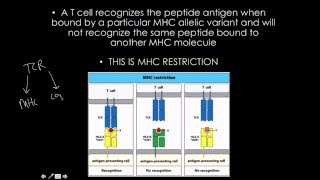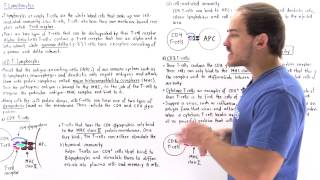Thursday, 15 January, 2026г.
















Где искать: по сайтам Запорожской области, статьи, видео ролики
пример: покупка автомобиля в Запорожье
Antigen presenting cells, Rate My Science
http://ratemyscience.com/ Antigen processing is a biological process that prepares antigens for presentation to special cells of the immune system called T lymphocytes. This process involves two distinct pathways for processing of antigens from an organism's own (self) proteins or intracellular pathogens (e.g. viruses), or from phagocytosed pathogens (e.g. bacteria); subsequent presentation of these antigens on class I or class II MHC molecules is dependent on which pathway is used. Both MHC class I and II are required to bind antigen before they are stably expressed on a cell surface. The endogenous pathway is used to present cellular peptide fragments on the cell surface on MHC class I molecules. If a virus had infected the cell, viral peptides would also be presented, allowing the immune system to recognize and kill the infected cell. Worn out proteins within the cell become ubiquitinated, marking them for proteasome degradation. The exogenous pathway is utilized by professional antigen presenting cells to present peptides derived from proteins that the cell has endocytosed. The peptides are presented on MHC class II molecules. Proteins are endocytosed and degraded by acid-dependent proteases in endosomes; this process takes about an hour.
Похожие видео
Мой аккаунт


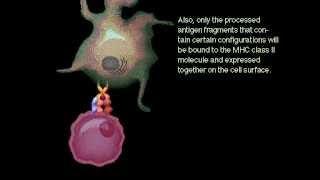 У вашего броузера проблема в совместимости с HTML5
У вашего броузера проблема в совместимости с HTML5